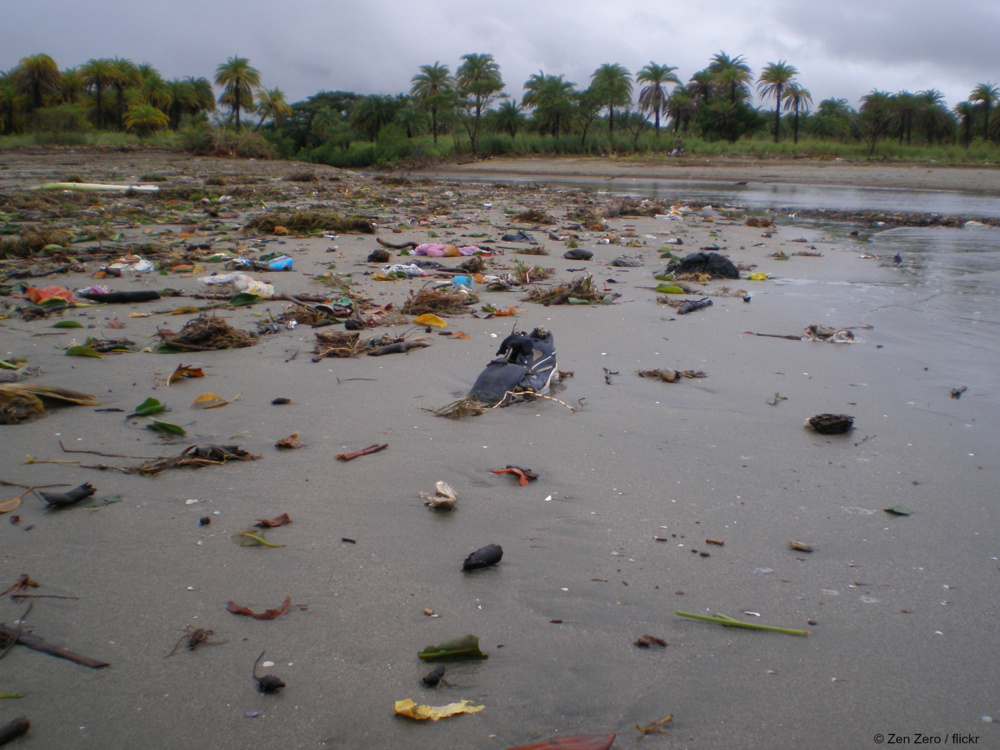
Climate Alert nr 3: Nature howls
A cyclone, moving at a speed of 200 mph (320km/h), creating waves of up to 12 meters and a violent rain, destroys everything in its path. The thought of such a thing whirling over ones home and loved ones is frightening and profoundly worrying.
This is however what recently happened to the thousands of people living on the coast of Fiji, when Cyclone Winston swept in over a number of small Pacific islands causing massive destruction and suffering. This category 5 cyclone was the most powerful cyclone Fiji has ever experienced.
Lately the number and strength of cyclones has increased. Why? This increase has a direct connection with global warming. A cyclone forms over the ocean when warm air close to the ocean surface starts to rise and is replaced by cooler air that in turn is heated and rises. This creates a circular movement, which in worst-case scenarios generates a powerful tropical cyclone. Put simply, higher air temperatures combined with warmer oceans create more opportunities for cyclones to form and to grow into destructive storms – and this is exactly what is happening as our oceans and atmosphere warm globally.
This may be the strongest storm in Fiji’s history, but it definitely will not be the last one. What then are the consequences of this tropical cyclone?
Economic. So far the estimated damage bill from Cyclone Winston has reached FJ$650 million (£216 million) according to the Fiji government. But taking into account the loss of crops and time lost in work hours, the costs could easily rise to FJ$1 billion (around £330 million).
Environmental. All of the environmental damage caused by Cyclone Winston is not mapped yet, but effects of tropical cyclones usually include destruction of the tree canopy, as well as reshaping and erosion of beaches and coastlines. The coral reefs surrounding Fiji have also suffered heavily from the cyclone. Unfortunately the list does not stop here: the animal deaths caused by the cyclone can affect entire food chains and these may take many years to recover.
Human Life. At least 42 people lost their lives because of Cyclone Winston. At present around 51 000 people are homeless, living in rudimentary, temporary shelters. There is a widespread shortage of water and other necessities. Rebuilding houses and other infrastructures is not only costly, but a complex, time-consuming and emotional process that is burdensome and difficult. Officials have also warned of mosquitoes, potentially carrying damaging viruses, breeding in large numbers in the puddles of dirty, stagnant water created by the heavy rain brought by the cyclone.
Possible solutions. There is a compelling need to improve early warning systems to be able to detect forming cyclones at an early stage and predict their paths. This is key when it comes to saving human lives. But the destruction caused by a cyclone is unfortunately difficult to minimize. People, the environment and the economy suffer when a cyclone like Winston hits. Key to any real, durable solution is the challenge of combating the root-causes of climate change.
Fighting climate change is both about reducing green house gases and about building more resilience into our societies. But combatting climate change also raises fundamental questions of environmental justice and the need for the major contributors to climate change to assist those whose carbon footprint is vastly smaller and who now are suffering the consequences of our warming world. The world’s 50 least developed nations have contributed less than 1% of global carbon dioxide; yet these same nations are among those most likely to suffer, first, worst and longest.
Small island nations, like Fiji, are not only vulnerable to the increasing number and power of cyclones but also to rising sea levels, both effects of climate change. Some small Island States are now likely to disappear under water. Entire nations would disappear, taking with them their homes, security and collective well-being.
We must change the way the climate debate is framed and viewed. We must articulate the need for powerful, urgent action as a means to protect basic, fundamental human rights - the right for a nation like Fiji to actually exist – alongside the profound environmental concerns that highlight the impact on species and natural habitats.
We believe that the global community can, and must, come together to protect our collective environmental security by effectively fighting climate change. We also believe that only such action can protect the most vulnerable and deliver climate justice.
Will you join us to advocate for action?
SIGN UP FOR OUR EMAILS AND STAY UP TO DATE WITH EJF